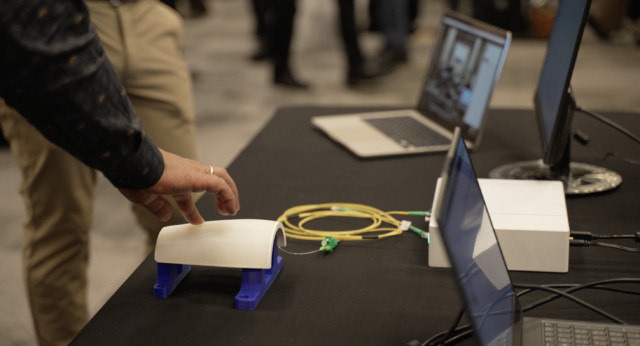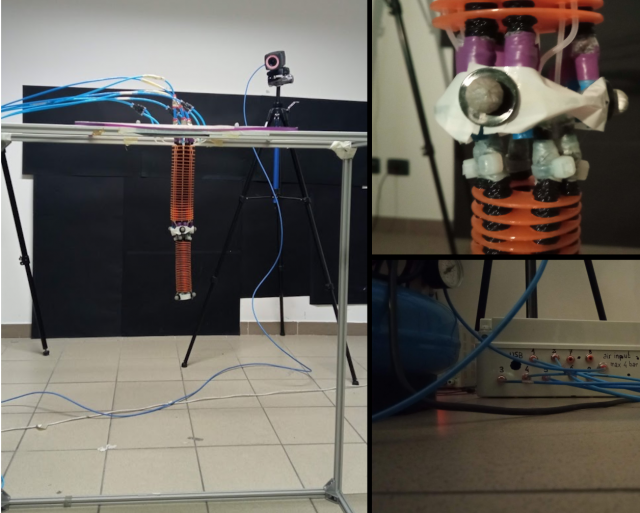Human and Eco-Centered Robotics and Automation for Logistics 5.0 & the Supply Chain
Type of Event: in person/hybrid
Location: Pontedera (Pisa, Italy), at The BioRobotics Institute, Scuola Superiore Sant’Anna, Pisa.
and via MS Teams / Zoom.
Program Dates (tentative): 5-9 June 2023
Organizers: The co-Chairs of the IEEE RAS Technical Committees (TCs) on:
- Digital Manufacturing and Human-Centered Automation
- Automation in Logistics
Corresponding organizer:
- General Chair: Paolo Dario, Scuola Superiore Sant’Anna, Pisa, Italy
- Scientific and program chair: Gastone Ciuti, Scuola Superiore Sant’Anna, Pisa, Italy
Supported by the following RAS Technical Committees
IEEE Technical Committee on Digital Manufacturing and Human-Centered Automation
IEEE Technical Committee on Automation in Logistics
IEEE Technical Committee Semiconductor Manufacturing Automation
Abstract
The Seasonal School on “Human and Eco-Centered Robotics and Automation for Logistics 5.0 & the Supply Chain” is promoted by the IEEE RAS TCs on Digital Manufacturing and Human-Centered Automation, on Automation in Logistics, and on Semiconductor Manufacturing Automation.
Its technical and educational content is focused on how Digital Technologies, in particular Robotics and Automation, deeply transformed the Manufacturing processes in the light of the worldwide increasing awareness on Sustainability issues and the pivotal role of human workers within the Factory. In addition, this School addresses the immense impact of the Covid-19 pandemic, that pushed the boundaries of technology to their limits with the increasing demand for more accurate global supply chain processes, faster delivery, and greater productivity to ensure that the flow of goods between, and within, countries continued uninterrupted.
Objectives
The teaching objective of this Summer School is to train the audience in terms of both technical and scientific perspective on the Digital Technologies and Solutions which transformed the Manufacturing processes and the Logistics / Supply Chain after the outbreak of the Covid-19 pandemic.
In a nutshell, the topics to be addressed cover the whole path from the production of goods to the final delivery to customers (from the Factory to households):
- Digital Manufacturing Processes
- Technologies (Collaborative Robots, Mobile robots, Drones)
- Sustainable and Human-Centered approaches, including safety and work fatigue mitigating issues
- Logistics 5.0 and the global Supply Chain
- First and Last Mile
- Distribution and fulfilment centres
- High-throughput Dark (automated) Warehouses
- Socio-economic, ethics and legal aspects related to the integration of Digital Technologies and human workers.
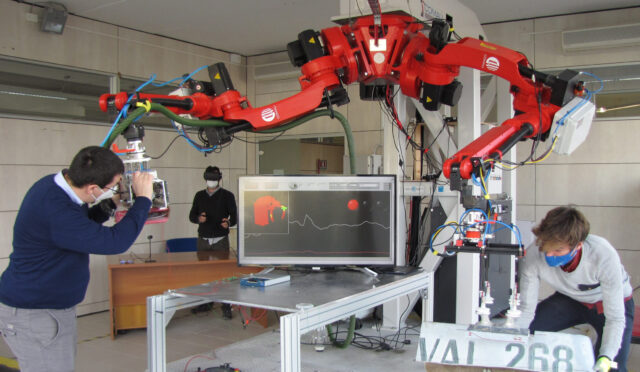
Motivation and Background
Building upon the publication of the TC Spotlight Column entitled “Digital Technologies and Automation: The Human and Eco-Centered Foundations for the Factory of the Future ”, included in the September 2021 Issue of the IEEE Robotics & Automation Magazine, the proposal of this Seasonal School comes from the extensive transformation that Manufacturing processes have gone through thanks to the procurement and integration of disruptive technologies (such as Automation, collaborative robots, Digital Manufacturing, 3D printing, industrial Internet of Things (IoT)/Cyber-Physical Systems, and Cloud Computing) safely and smoothly integrated with humans, within Manufacturing/De-manufacturing processes.
The need to propose this Seasonal School also comes from the increased awareness on global, crucial challenges such as the ethical issues on the future role of humans and Automation as well as the effect of the introduction of these disruptive robotic and robot alike technologies on workers’ conditions in the workplace, well-being at work, valorisation of human skills, and re-shape of production processes.
In fact, along these lines, many initiatives worldwide (the Paris Agreement for Climate Change, the European Green Deal for a Sustainable Future, the US-China Climate Change joint agreement, the recent EU report “Industry 5.0. Towards a sustainable, human-centric and resilient European industry”, the UAE Energy Strategy 2050, among the others) were launched to secure a new paradigm for a sustainable world to combat Climate Change, to pursue human-centric economy and to support the digital, ecological and energy transitions. These themes are very heart-felt for the younger generations, especially Millennials and Generation-Z, as demonstrated also by the Fridays for Future international movement.
Furthermore, the awareness on the immense impact of the COVID-19 pandemic on Logistics and Supply Chain, that pushed the boundaries of technology to their limits with the increasing demand for more accurate Supply Chain processes, faster delivery, and greater productivity to ensure that the flow of goods between, and within, countries continued uninterrupted, motivated the two IEEE RAS TCs to propose this Seasonal School.
The School will address the current challenges in Logistics and Supply Chain and the application of theoretical and technological automation approaches in different fields such as Digital Manufacturing, , transportation systems, healthcare, human and financial resources.
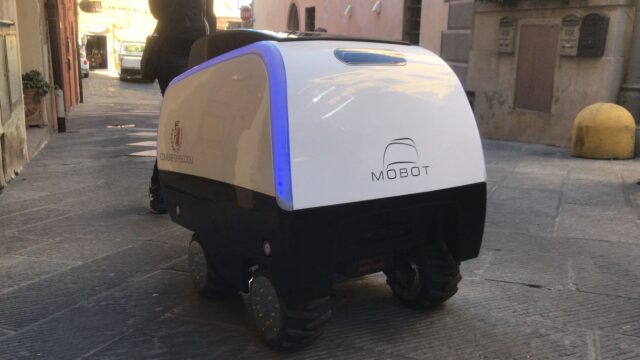
Program overview
The Seasonal School on “Human and Eco-Centered Robotics and Automation for Logistics 5.0 & the Supply Chain” will be scheduled over 5 days, including a theoretical part and an experimental part. The former part will be a 2-day intensive course on the scientific and technological principles underlying the topics that will be addressed. Complementarily, renowned leaders from Industry and representatives of global players in Logistics will be invited to provide real-life use cases and to share their insights.
The latter part will include hand-on sessions, a hackathon / contest and a final training session on technological transfer and entrepreneurship (how to turn a research ideas into a real product).
The organizers of the School will invite established RAS members, renowned leaders from Industry, representatives of global players in Logistics.
A Call for Speakers will also be published to broaden the participation across geographical regions, seniority, and diversity.
Speakers – Tentative list
Paolo Dario, Scuola Superiore Sant’Anna, Italy
Birgit Vogel-Heuser, TUM, Germany
Mengchu Zhou, New Jersey Institute of Technology, USA
George Q. Huang, The University of Hong Kong, China
Maria Pia Fanti, Politecnico di Bari, Italy
Barbara Mazzolai, Ististuto Italiano di Tecnologia, Italy
Barbara Bonciani, City Councilor, Municipality of Livorno, Italy
Tamim Asfour, KIT, Germany
Alberto Sanfeliu, Universitat Politecnica de Catalunya, Spain
Anibal Ollero, University of Seville, Spain
Begoña Arrue Ulles, University of Seville, Spain
Khalifa Al Qama, Dubai Future Labs, UAE
Tarek Taha, Dubai Future Labs, UAE
Jorge-Manuel Miranda-Dias, Khalifa University, UAE
Daniela Rus, MIT, USA
Cecilia Laschi, National University of Singapore, Singapore
Atsuo Takanishi, Waseda University, Japan
Norihiro Hagita, Atr Intelligent Robotics and Communication Laboratories, Japan
Kanako Harada, University of Tokyo, Japan
Type of event
The organizers of the School commit to conduct a hybrid event, that will allow both an in-person and remote participation.
The location for in-person participation is The BioRobotics Institute of the Scuola Superiore Sant’Anna, in Pontedera, Pisa (Italy).
Remote participation will be enabled via MS Teams / Zoom.
In case that the evolution of the pandemic will not allow to conduct the School in-person with a reasonable effort, the organizers reserve the opportunity to conduct a full online version.
Tentative Agenda
Student selection process and Application
The Call for Application (available soon) will stay open for 1 month.
Eligible candidates are students (preferably IEEE RAS student members) with a Master’s Degree in Logistics, Engineering, Economics, Political and Social Sciences, or any other course related to the main topics of the Seasonal School.
Candidates must submit an application form and a CV, including a brief description of their research interests and a list of publications. The form must be accompanied with a motivational letter explaining how participation in this School can contribute to the academic and professional career of the candidate.
The selection results will be released at least 2 months ahead of the School to allow in-person attendees to plan the travel and the accommodation.
The organizers will take care of prioritizing the selecting of IEEE RAS student members where there is equal merit.
Registration fee:
- USD$50,00 for IEEE RAS student members
- USD$75,00 for non-members
There will be waivers for students from disadvantaged areas of the world. There will be merit-based grants to cover travel and accommodation costs and registration fees.
All participants will receive a certificate of participation in the IEEE RAS School signed by the organizing TCs.


